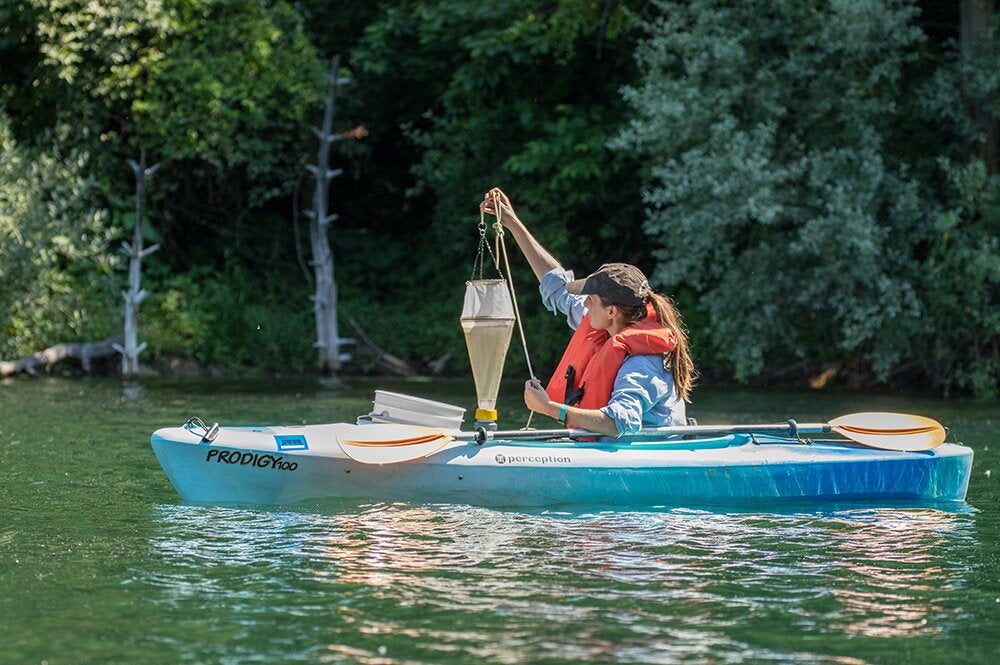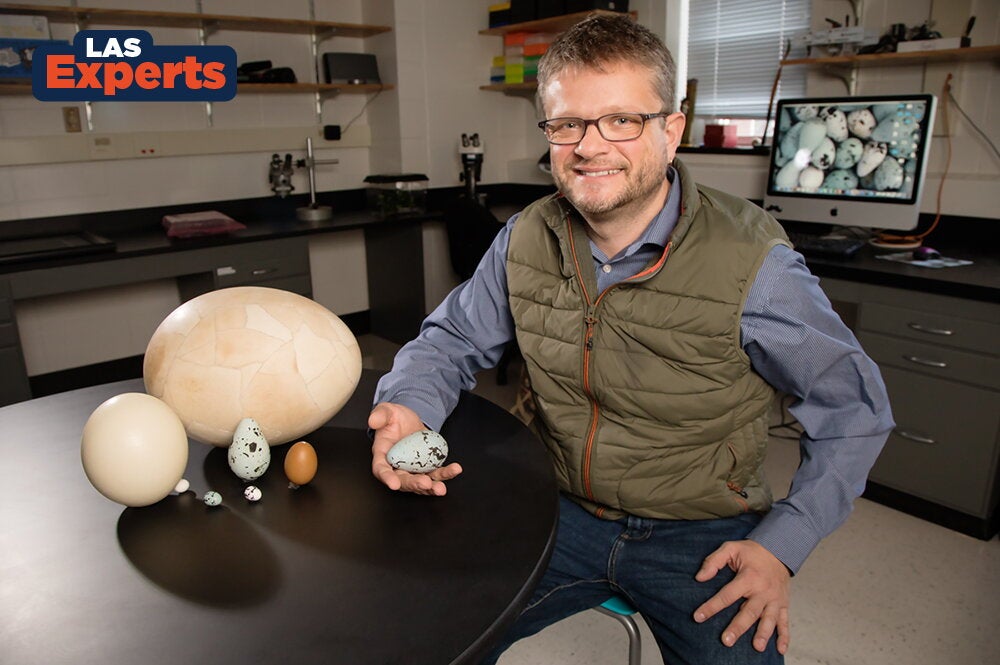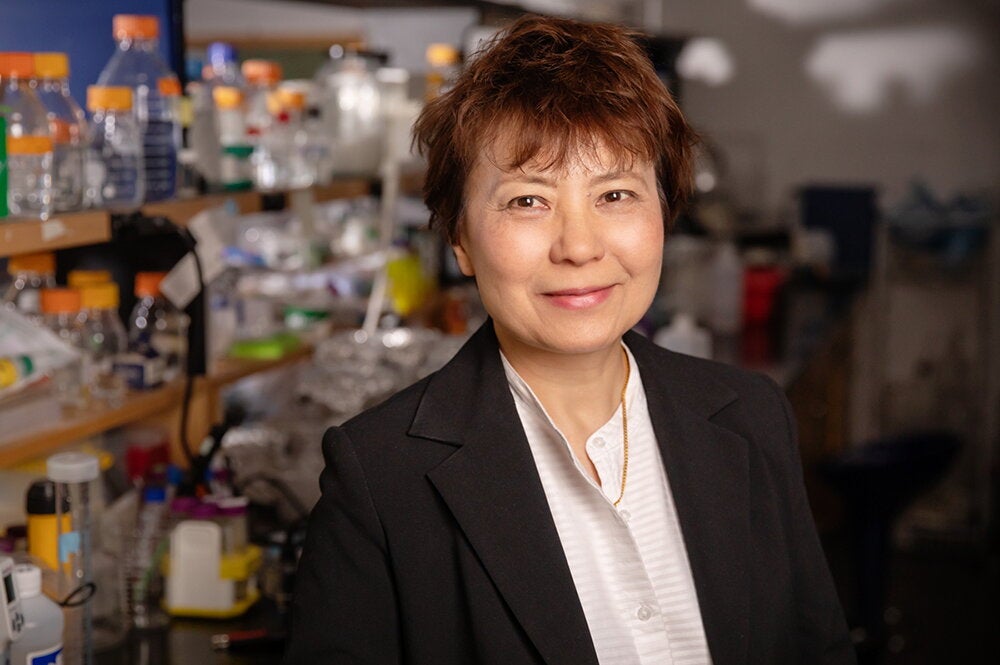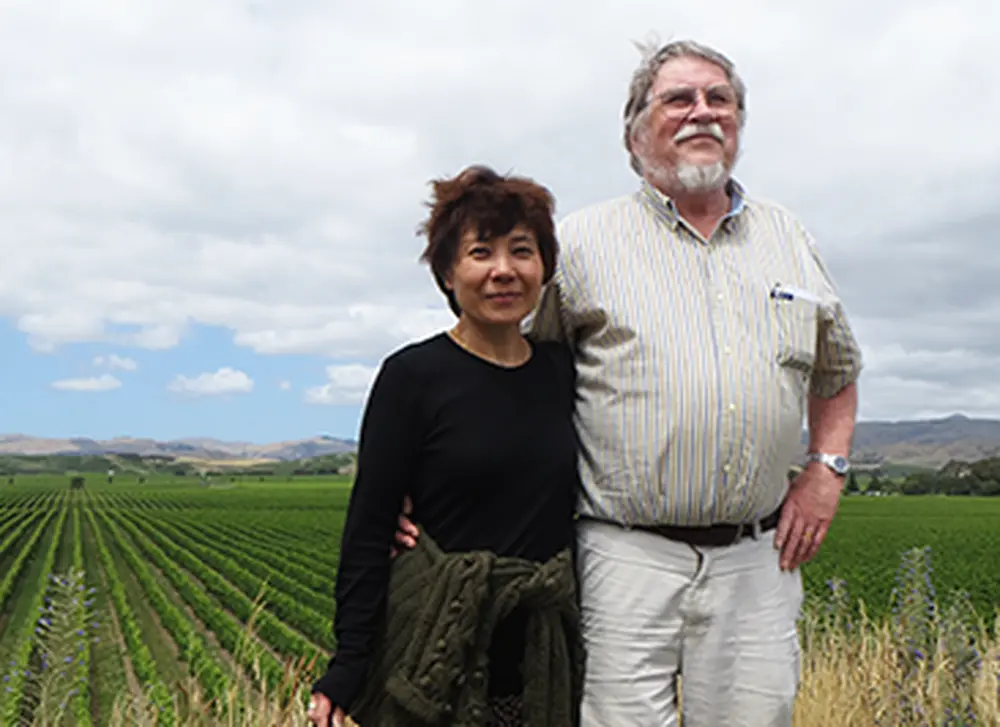
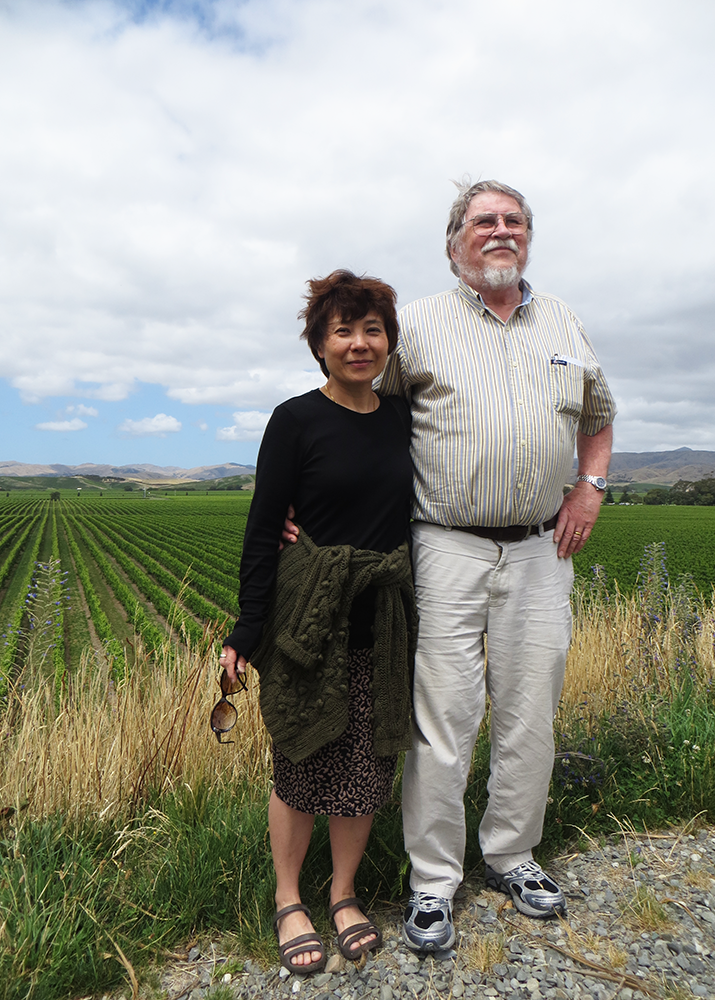
Chi-Hing Christina Cheng and her husband, Arthur DeVries, know something about the hardships of researching. After all, they study Antarctic fish. There are other complicating factors to research than just the weather, however, and that’s why Cheng, professor of animal biology and director of the Integrative Biology Honors program, and her husband, Arthur L. DeVries, professor emeritus of animal biology and molecular and integrative physiology, have created research scholarships for undergraduate students.
The couple supports three honors scholarships, including the Judy Willis Scholarship (named after a former professor at Illinois), the Integrative Biology Honors Sophomore Achievement Scholarship, and the Integrative Biology Honors Junior Achievement Scholarship.
Cheng says that these scholarships were made when she became director of the Integrative Biology Honors program and she realized the true potential of Illinois’ Integrative Biology Honors students. She also knew that much undergraduate research occurs during the summer, when housing and living expenses are a bigger concern for students.
“These kids are really motivated and high-achieving ones,” Cheng said, “and I thought, ‘We need to put our money where our mouth is.’”
Cheng and DeVries are both highly accomplished researchers. They work in a specific biology circle: coldwater fish. Cheng recently finished sequencing the genome of the giant Antarctic toothfish, a model for the cold adapted Antarctic notothenioids and an icon of the animal fauna of the Southern Ocean.
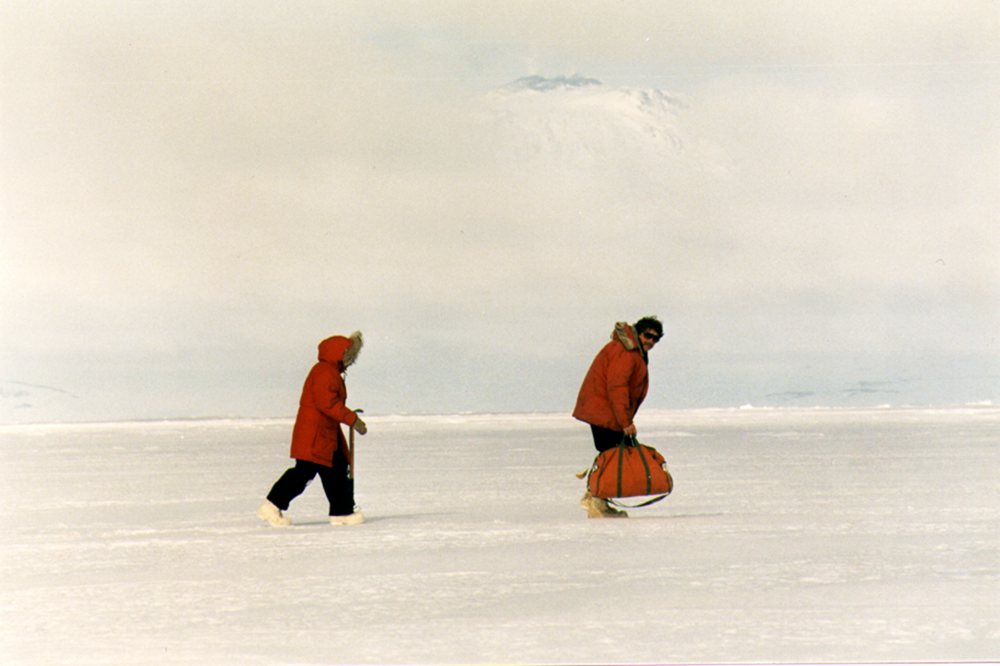
DeVries is widely known for discovering antifreeze glycoproteins in Antarctic fish, which allows them to survive and thrive in polar environments where they would otherwise die. Both professors have made regular trips to Antarctica for this research.
The Judy Willis Scholarship, established in 2015, is for $1,000 and the Sophomore and Junior Achievement Scholarships, established in 2016, are for $2,000. Cheng said that she and her husband wanted to provide assistance for students while encouraging them to always be applying for multiple scholarships.
“It just felt really rewarding to work with the kids in IB Honors,” Cheng said. “Many of them are highly motivated and want to succeed, and it’s just a little thing [Professor Devries and I] can try to do to help them achieve that goal.”
